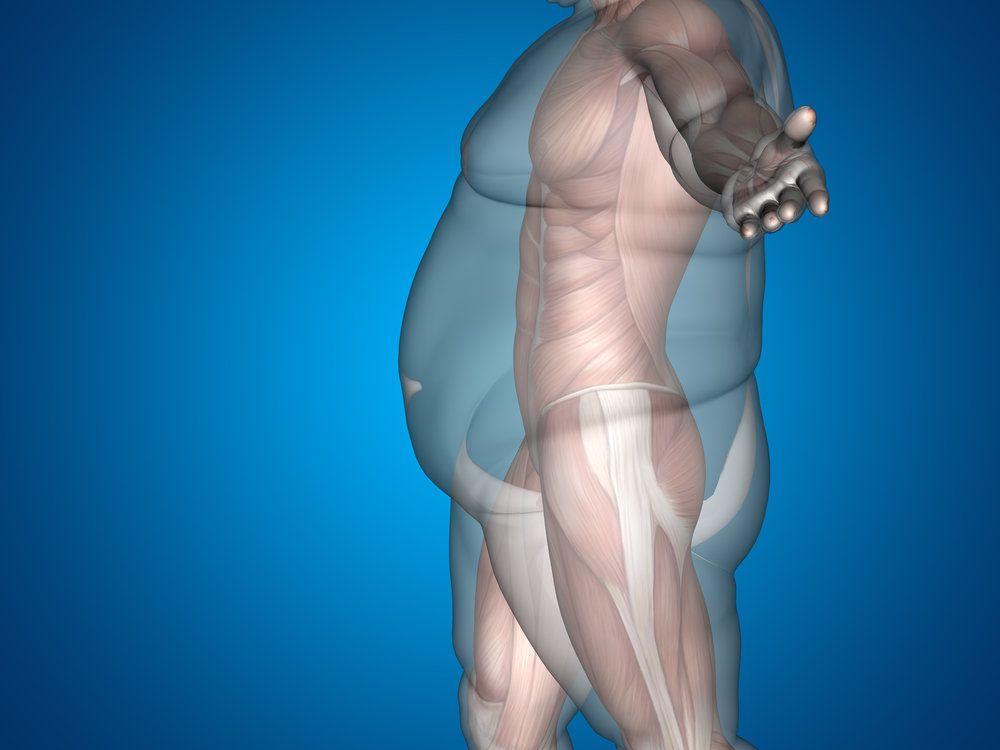The History of Bariatric Surgery: More Than a Century of Innovation
 The team at Tijuana Bariatrics is always fascinated by the improvements in medical technology. That's why we are proud to provide advanced bariatric surgery in a state-of-the-art medical facility. Yet surgical weight loss procedures have come a long way, and we don't just mean in the last 10 years.
The team at Tijuana Bariatrics is always fascinated by the improvements in medical technology. That's why we are proud to provide advanced bariatric surgery in a state-of-the-art medical facility. Yet surgical weight loss procedures have come a long way, and we don't just mean in the last 10 years.
Let's take a moment to share the fascinating history of bariatric surgery, noting key innovations that make the field of bariatrics what it is today.
The 1950s: The First Weight Loss Surgery Procedures
While weight loss surgery has been discussed in the media much more frequently in the last decade or so, the history of bariatric goes back into the early 20th century.
Developed in the 1950s, the first weight loss surgery technique was known as the jejunoileal bypass. This was a malabsorptive form of weight loss surgery, meaning that it reduced the amount of calories that are absorbed during digestion. In a jejunoileal bypass, a surgeon removes most of a patient's small intestine, leaving just a 1 foot to 1.5 feel of the small bowel in place.
The jejunoileal bypass was the weight loss surgery procedure performed through the 1950s through the 1970s, though it is no longer performed by bariatric surgeons today. Most of the patients who underwent this procedure experienced serious issues with digestion, including diarrhea, kidney stones, and serious nutritional deficiencies. Thankfully the weight loss surgeries of today have evolved a great deal.
The 1960s: Gastric Bypass Surgery Emerges
Developed by Dr. Ed Mason and Dr. Chikashi Ito during the 1960s, the gastric bypass first emerged after the two doctors noticed the weight loss that patients had experienced following the removal of part of their stomachs. Interestingly, these initial experiments with the surgery dated back to
The basics of the gastric bypass involves rerouting a portion of the small intestine. Over the decades, the surgery was refined to reduce complications and adverse side effects. Today, the Roux en-Y gastric bypass will involve the rerouting of part of the small intestine as well as a division of the stomach into an upper pouch and lower pouch.
Gastric bypass is one of the most popular bariatric surgery procedures offered today.
Development of Gastric Banding Surgery
Gastric banding was first approved by the FDA for the treatment of morbid obesity in 2001. The solution was far less invasive and involved than the gastric bypass. By using a safe adjustable band, the size of the stomach could be altered, which mean a reduction in the amount of food that could be consumed in a single sitting.
Development of Gastric Sleeve Surgery
The development of gastric sleeve surgery involves a refinement of the biliopancreatic diversion, a weight loss surgery developed by Dr. Nicola Scopinaro in the late 1970s, and the duodenal switch, which was developed by Dr. Tom R. DeMeester and refined by Dr. Douglas Hess during the 1980s. The gastric sleeve reduced the overall size of the stomach pouch, working in a similar fashion as gastric banding.
Laparoscopic Approaches to Weight Loss Surgery
One of the most significant advances in surgical technology related to bariatrics is the use of laparoscopy. This means the use of multiple small incisions, tiny cameras, and small surgical instruments to perform a surgery. The first instance of laparoscopy can actually be traced back to 1902, when German internist Dr. Georg Kelling examined dogs using the technique. Over the course of the next century, technology and techniques would evolve.
The main benefit of laparoscopic surgery is that it allows surgeons to avoid open surgery, which reduces the risk of infection and other complications and reduces scarring. In addition, patients heal faster and experience a much improved recovery process.
Learn More About Weight Loss Surgery
For more information about weight loss surgery and how it can benefit you, be sure to contact our advanced weight loss surgery center today. The team at Tijuana Bariatrics looks forward to your visit and helping you lead a healthier lifestyle.




